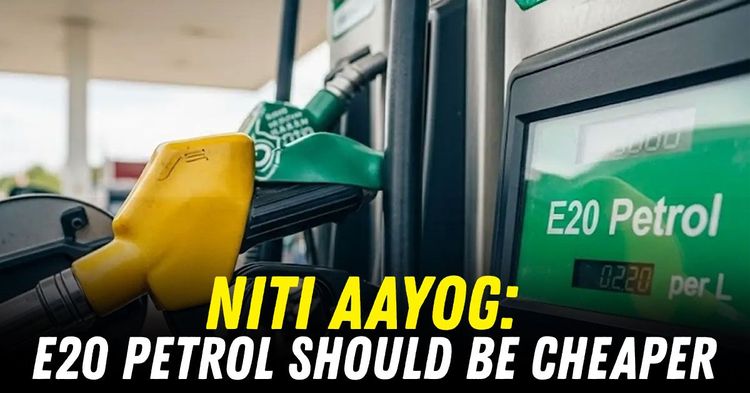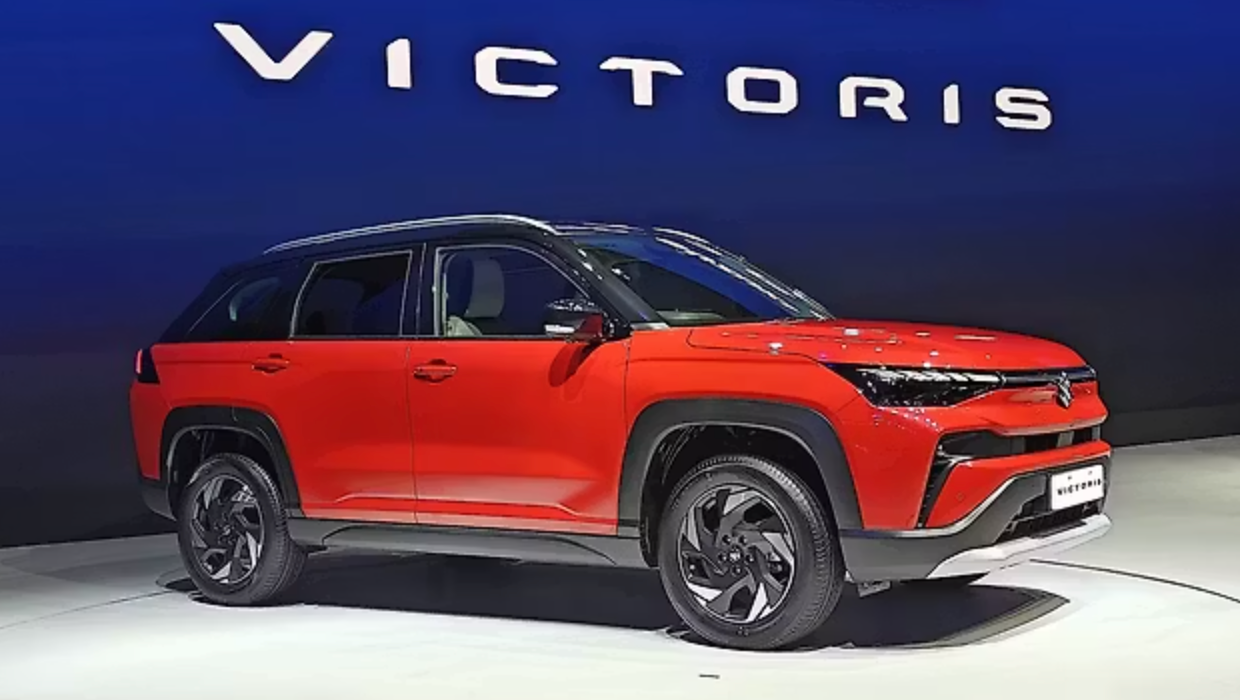With the Government of India’s push towards greener fuels, E20 petrol—a blend of 20% ethanol and 80% petrol—is now being rolled out across fuel stations in many states. This initiative aims to reduce pollution and decrease reliance on fossil fuels. However, its arrival has raised questions among vehicle owners, especially regarding ethanol content in different petrol grades and compatibility with older cars.
E20 Petrol: Composition and Purpose

What Exactly Is E20 Petrol?
E20 petrol is a fuel mixture comprising 80% gasoline and 20% ethanol, where ethanol is derived from renewable sources like sugarcane or corn. Ethanol blending reduces greenhouse gas emissions and supports India’s energy security goals.
Why Ethanol?
Ethanol serves as a cleaner-burning alternative that helps cut down carbon monoxide, hydrocarbons, and particulate emissions. By integrating ethanol, India aims to meet its environmental commitments and encourage sustainable fuel consumption.
Are Higher-Octane Petrols Containing Less Ethanol?
Myth Buster: All Petrol Grades Except 100-Octane Are Now E20
Contrary to popular beliefs, recent clarifications from top oil companies including Indian Oil, Hindustan Petroleum, Bharat Petroleum, and Shell confirm that all their petrol variants except 100-octane petrol comply with the E20 standard. This means premium fuels like Power 95, XP99, V-Power, and others all contain 20% ethanol, aligning with the government mandate.
Only the ultra-premium 100-octane petrol remains ethanol-free.
The Science: How Ethanol Affects Octane Ratings
Adding ethanol actually increases the Research Octane Number (RON) of petrol. Therefore, even base fuel blended with 20% ethanol meets or exceeds a 95-octane standard, a step up from the previous 91-octane rating common for regular petrol.
What Makes Premium Petrols Different?
Premium petrol variants like Indian Oil’s XP95 or HP’s Power 95 still serve a purpose. These come with special additives designed to:
-
Prevent fuel system corrosion
-
Keep engines cleaner
-
Improve overall performance and efficiency
E20 Petrol and Compatibility with Older Vehicles
New Cars Are Designed for E20
All vehicles launched in India after early 2024 are built to perform flawlessly on E20 petrol. Automakers are equipping new models with components compatible with higher ethanol content.
Concerns with Older Vehicles
Owners of cars older than 5 to 10 years have shared concerns about E20’s long-term effects such as:
-
Reduced fuel efficiency (though likely minimal, around 3%)
-
Potential engine or fuel system wear
Manufacturer Warnings and Support
Toyota India has cautioned against using E20 in non-compliant vehicles and warned that warranty terms may be voided for damages linked to improper fuel use. Meanwhile, Maruti Suzuki is reportedly planning conversion kits to ensure older cars tolerate E20 without issues.
Government Perspective and User Experience
Petroleum Minister Hardeep Singh Puri compared India’s E20 rollout with Brazil’s long-time use of E27, noting no significant engine failures despite higher ethanol. He acknowledged the slight drop in efficiency for older vehicles but emphasized it would be negligible.
FAQs About E20 Petrol and Ethanol Blending
Is E20 petrol safe for all cars?
Safe for cars manufactured post-2024; owners of older cars should verify compatibility.
Does E20 petrol reduce engine performance?
Performance drop is minimal, generally less than 3%, and mostly affects older models.
Will premium petrol still have ethanol content?
Yes, premium fuels now comply with E20 standards, except 100-octane which is ethanol-free.
How is ethanol sourced for E20 petrol?
Ethanol is derived from plant material such as sugarcane and corn through fermentation.
E20 Petrol Blending—A Step Towards Sustainable Fuel with Minimal Impact
As India adopts E20 petrol nationwide, understanding the ethanol blend and its impact is crucial for consumers. The transition represents a green initiative with few drawbacks for modern vehicles. Older car owners should stay informed and take necessary precautions. Ultimately, E20 petrol paves the way for cleaner roads and a sustainable future without compromising on fuel quality.




